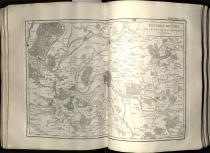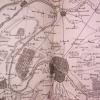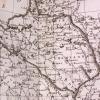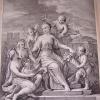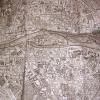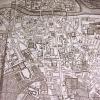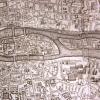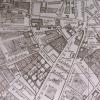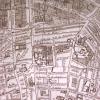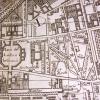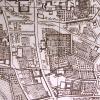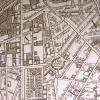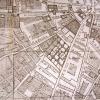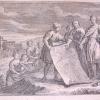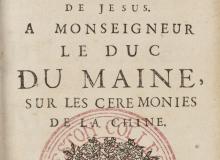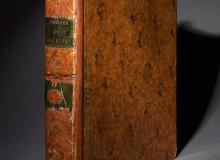Paris
Paris looms large in Jesuit history, although its significance can sometimes be forgotten. The founding fathers of the Jesuits all met during the time they were studying at the University of Paris, and they made common vows together in the Chapel of St Denis at Montmartre in 1534. Thus two foundational characteristics of the Society were already present in Paris – a desire for union (what Jesuits call being ‘brothers in the Lord’) and a commitment to education. These two characteristics would then be spread throughout the Ignatian world.
Paris was an important center of Jesuit ministry and the Jesuit College here became famous. Known variously as Collège de Clermont (after the benefactor who bequeathed money for its establishment in 1563) and then Collège Louis le Grand in 1682, it not only formed generations of scholars and missionaries it also operated as a kind of clearing-house of the accounts of missionary activities around the world. For instance, the librarians and mission procurators who worked here produced such series as the Curious and Edifying Letters of Jesuit Missionaries (from the early 1700s to the mid 1770s) and one of them, Jean-Baptiste Du Halde, also published the Description of the empire of China and Chinese Tartarie in 1735 (which first appeared in French).
Jesuits in China were answering questions put to them by the French philosophers just as they themselves were sending reports to the Academy of Science on such things as lunar eclipses and treaties between China and Russia. There was also much correspondence exchanged about the Jewish community of Kaifeng (in Henan province, China) as the French (and other) Jesuits in China spent significant amounts of time reporting on the composition of this community and its scriptures.
Such scholarship was helped by the presence of a thriving printing industry and it is possible to trace the rise of publishing houses in Paris (as for instance the Cramoisy family) through the print details on some of the books written by the missionary Jesuits.
